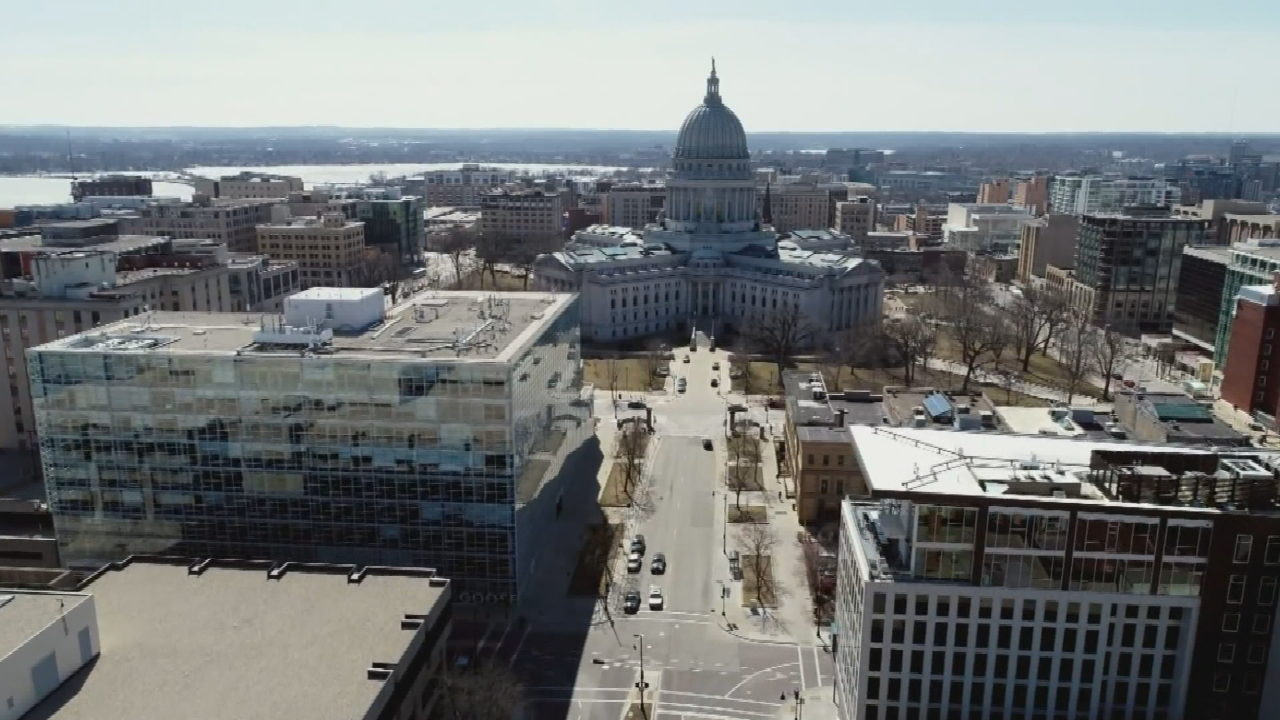
From our content partner Channel3000.
MADISON, Wis. – The city of Madison signed on to a statewide resolution declaring racism as a public health crisis Tuesday.
The move brings no additional programming or funding, but community leaders who run programs for youth of color and people of color in Madison say this is a good step for the city to take.
“I’m glad that someone is recognizing it as a health issue, because then maybe now we’ll take greater measures in addressing the issues.” said Alexander Gee Jr., the president and founder of the Nehemiah Center for Urban Leadership and Development.
Gee said this is important not just for systemic issues and policy, but for the effects the culture the predominantly white city can have as well.
“It’s now been proven that the stress caused by the pressures of racism is a leading indicator of health disparities for African Americans,” he said. “We now know that because of stress, we, African Americans, are contracting diseases faster than our white counterparts and then dying sooner.”
The city of Madison joins 32 other organizations in Wisconsin that have signed on to the resolution and agree something more needs to be done.
Ruben Anthony, the president and CEO of the Urban League of Greater Madison, said especially with national conversation on immigration and the shooting of unarmed black people, the health of people of color is in danger.
“The messages that we get from our national leaders and the climate that we’re creating from saying certain people are not welcome in this country,” Anthony said. “I haven’t seen something like that in my lifetime.”
Anthony is hopeful Madison’s move will get things back on track, but beyond passing the resolution, both he and Gee Jr. hope the city continues efforts by helping organizations such as theirs.
“More entities have to step up and start talking and really start doing something and measuring the impact and making sure that the cultures are really healthy,” Anthony said.



